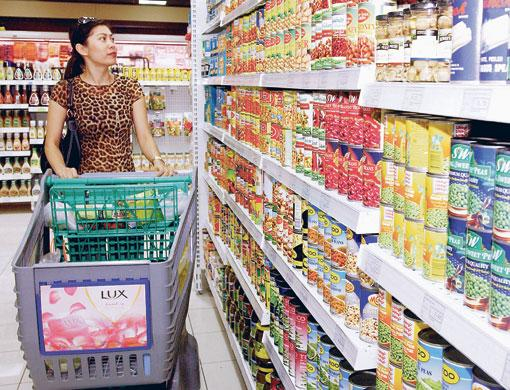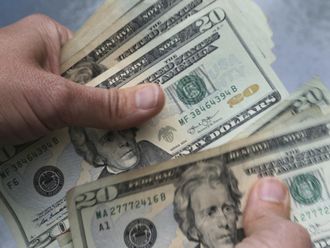
Dubai: Non-essential goods, such as tobacco and beverages will not only be subject to value-added tax (VAT) but excise taxes as well, experts have said.
Purchase of gold jewellery is also expected to invite a 5 per cent VAT, since ornaments are not considered part of the basic goods category.
States across the Gulf Cooperation Council (GCC) region have agreed to collect a 5 per cent VAT from January 2018. There have also been plans to impose excise taxes, which could range between 50 per cent and 100 per cent of a product’s sale price.
David Stevens, implementation leader at Ernst & Young (EY) said that consumers can expect to see significant increases in the prices of certain products that will be subject to both VAT and excise tax.
The extra fees may, in effect, discourage some consumers from making unnecessary purchases. So far, only the application of excise tax on tobacco, certain beverages and premium vehicles has been confirmed.
Obaid Humaid Al Tayer, Minister of State for Financial Affairs, had said that an excise duty of up to 100 per cent could be imposed this year on selected items, including tobacco, soda and energy drinks.
“VAT at 5 per cent will have a modest effect, but the 50 per cent or 100 per cent excise tax is the tax measure that is intended to have a real impact on discouraging consumption,” Stevens told Gulf News.
“We could expect significant price rises for products subject to both VAT and excise tax,” he added.
The Federal National Council has recently passed a draft Tax Procedure Law that effectively lays down the legal framework for the collection of taxes, duties and fines in the country. The excise duty is expected to be issued prior to VAT implementation.
Rakesh Pardasani, partner at financial consultancy firm RSM UAE said that aside from tobacco, soda and other beverages, gold jewellery will also be subject to 5 per cent VAT. Gold purchased as an investment, however, may be exempted.
“VAT will be a broad-based tax and will operate under the ground rule of ‘everything is tax able unless it is not,’ which means unless there is a specific exemption in the law for a product or service, it will be subject to VAT at the normal rate of 5 per cent,” explained Pardasani.
“Do note, however, that the government is also contemplating an additional duty on tobacco and fizzy drinks which may be higher than 5 per cent. It is common for countries to levy additional duties on tobacco, to discourage casual consumption and habit forming.”
He said it has been made clear that the purchase of luxury goods will be taxable, hence gold jewellery will most likely invite an extra 5 per cent fee.
“The Ministry has indicated that only certain basic essentials may be exempt. So we can expect to see VAT on all luxuries. Gold purchased for investment purposes however, for instance, gold bullion, may get an exemption as is the case in some countries.”








